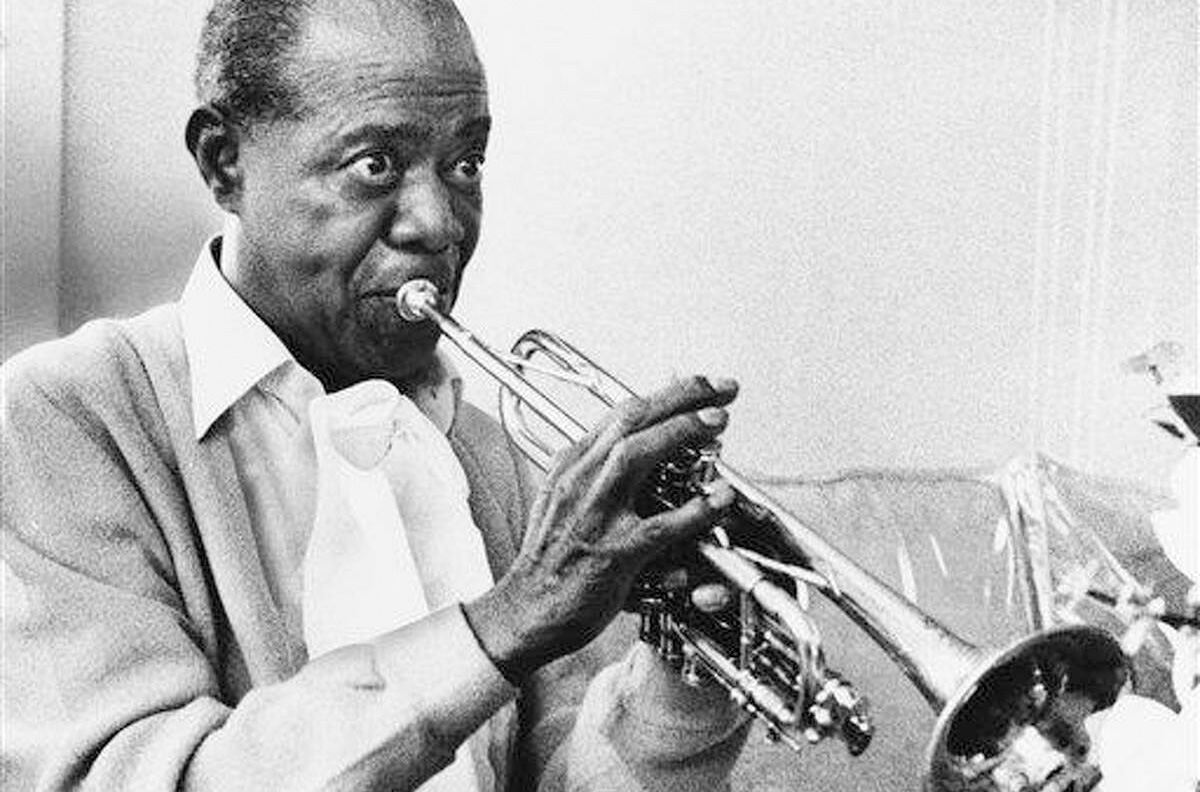You need to do some more shopping! Your shopping cart is currently empty.
This final blog post celebrates the later years and enduring legacy of Louis Armstrong, a true icon whose contributions to music and culture continue to resonate. Through this series, we've explored the life of a man who was much more than a musician; he was a symbol of artistic excellence and a beacon of unity and joy.
The Golden Years
As the 1950s and 1960s rolled in, Louis Armstrong, affectionately known as "Satchmo," was already an established global icon. However, far from resting on his laurels, these years would see some of his most enduring work and the solidification of his legacy.
What a Wonderful World
Perhaps the most iconic moment of Armstrong's later career came with the 1967 release of "What a Wonderful World." This ballad, with its simple, hopeful message and Armstrong's warm, gravelly voice, struck a chord worldwide. It wasn't just a hit; it became an anthem of optimism, transcending generations and musical genres.
Hello, Dolly!
and Chart-Topping Success
In 1964, Armstrong recorded "Hello, Dolly!" a song that would achieve remarkable success. It reached number one on the Billboard Hot 100, a feat that not only highlighted Armstrong's enduring appeal but also marked a significant achievement for an African American artist during that era.
Navigating Health Issues
Despite his continued success, Armstrong's relentless touring schedule and performance demands began to take a toll on his health. He suffered from heart and kidney problems, yet his dedication to his craft never waned. Armstrong continued to perform, driven by his love for music and his commitment to his fans.
A Pioneering Spirit
Throughout his later years, Armstrong remained a pioneering spirit in music. He continued to innovate, refusing to be bound by the conventions of any single genre. His influence extended far beyond jazz, touching the realms of pop, R&B, and beyond. Armstrong's ability to adapt and evolve kept him relevant in a rapidly changing musical landscape.
Armstrong's Lasting Impact
Louis Armstrong passed away on July 6, 1971, but his impact on music and culture remains immeasurable. He is remembered not just as a jazz musician, but as a cultural icon who broke barriers and brought people together through his music. His innovative techniques, charismatic performances, and distinctive voice have left an indelible mark on the world of music.
Conclusion: The Enduring Voice of Jazz
From the streets of New Orleans to the global stage, Louis Armstrong's journey was one of extraordinary talent, resilience, and influence. His legacy is not confined to the records he made or the charts he topped; it lives on in the countless musicians he inspired and the millions of hearts he touched. Armstrong's story is a testament to the power of music to transcend boundaries and bring joy and hope to people everywhere.


